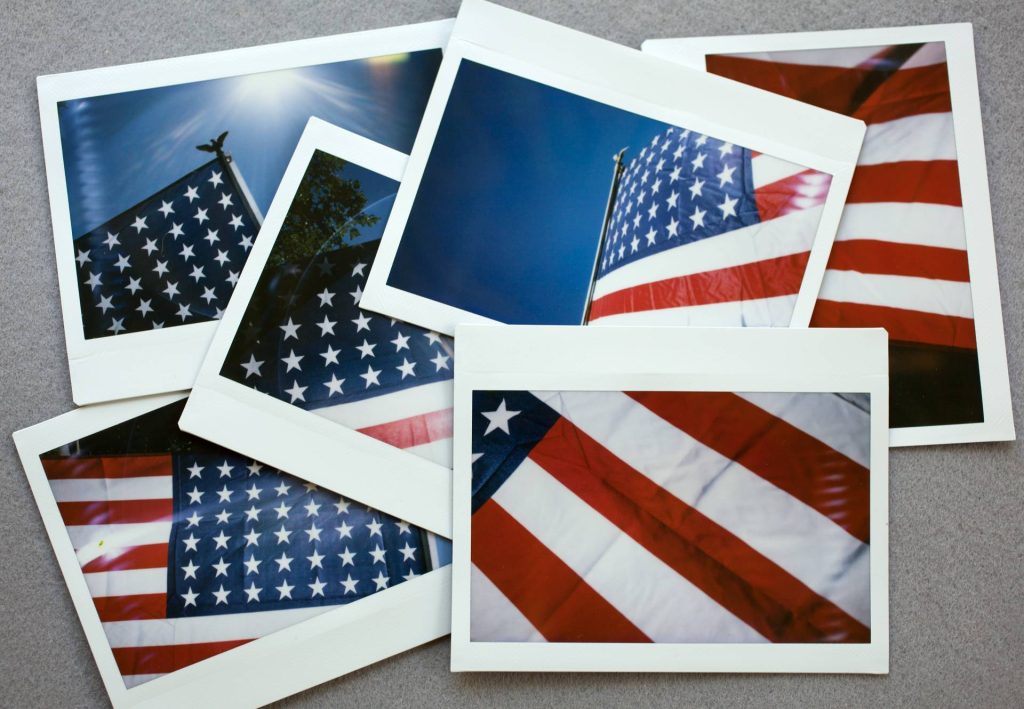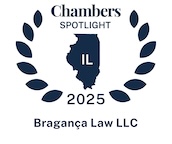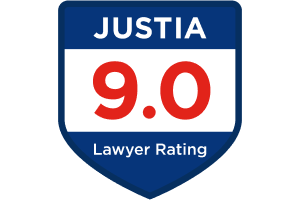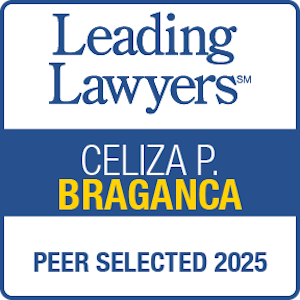- Free Strategy Session: (847) 906-3460 Tap Here to Call Us
Getting Presidential Tweets Into Evidence

How does one get the tweets of @realDonaldTrump into evidence?
This is an interesting question raised by Kelly Twigger in Above the Law this week. Above the Law – Are Donald Trump’s Tweets Self-Authenticating It is a question that litigators face in seeking to admit all kinds of social media but it is more fun to apply the rules to the President’s tweets.
There are two hurdles that must be jumped to get the tweets into evidence. Kelly Twigger addresses whether the tweets are self-authenticating. I will address that hurdle as well as the hearsay hurdle.
The Authentication Hurdle: To use the tweets, you need to show that they are what they purport to be — statements of President Trump. According to Federal Rule of Evidence number 901, “[t]o satisfy the requirement of authenticating or identifying an item of evidence, the proponent must produce evidence sufficient to support a finding that the item is what the proponent claims it is.” How do you do that?
(1) You could show that the statement is from a government office where items of this kind (presidential statements) are kept. FRE 901(b)(7). President Trump, Sean Spicer, and others have said that the statements of @realDonaldTrump are made by the President. This might be enough.
OR
(2) You could show that the tweets bear the distinctive characteristics of President Trump. Under FRE 901(4), you can prove authenticity through evidence of “[t]he appearance, contents, substance, internal patterns, or other distinctive characteristics of the item, taken together with all the circumstances.” This would seem to be a winner for many @realDonaldTrump tweets.
The Hearsay Hurdle: While hearsay objections are a staple of all those police and law television series, that is not much of a problem here. Hearsay is an out of court statement offered to prove the truth of the matter asserted. FRE 801(c). A tweet may not be hearsay at all. Or it may fall within an exception to the hearsay rule.
(1) Not hearsay:
If you are not seeking to admit the tweet for the truth of the matter asserted, then it is, by definition, not hearsay. You may be seeking to admit a tweet to show that President Trump was watching a particular television broadcast or that he was aware of a particular fact addressed in the tweet — things that do not hinge on the truthfulness of the statements in the tweet.
If you are seeking to use a tweet against President Trump, then the tweet is likely not hearsay. Statements of a party-opponent are not hearsay. Under FRE 801(d)(2), an out of court statement is not hearsay if the statement was made by the party-opponent, is one the party-opponent adopted, was made by a person whom the party authorized to make a statement on the subject, was made by the party’s agent or employee on a matter within the scope of that relationship and while it existed, or was made by a co-conspirator during and in furtherance of the conspiracy.
(2) The exception to hearsay: There are a number of exceptions to hearsay that may apply to President Trump’s tweets. FRE 803. These exceptions could apply if the tweets are being used against others — not just President Trump. The most relevant exceptions are:
- Present Sense Impression. A statement describing or explaining an event or condition, made while or immediately after the declarant perceived it.
- Excited Utterance. A statement relating to a startling event or condition, made while the declarant was under the stress of excitement that it caused.
- Then-Existing Mental, Emotional, or Physical Condition. A statement of the declarant’s then-existing state of mind (such as motive, intent, or plan) or emotional, sensory, or physical condition (such as mental feeling, pain, or bodily health), but not including a statement of memory or belief to prove the fact remembered or believed unless it relates to the validity or terms of the declarant’s will.
Given the emotion of President Trump’s tweets and how quickly he responds to what has just been broadcast on television, these three exceptions to hearsay are a good bet. You can visit the Federal Rules of Evidence here, courtesy of the Legal Information Institute.
I bet this showed up on law school exams this spring and will do so for years to come.























